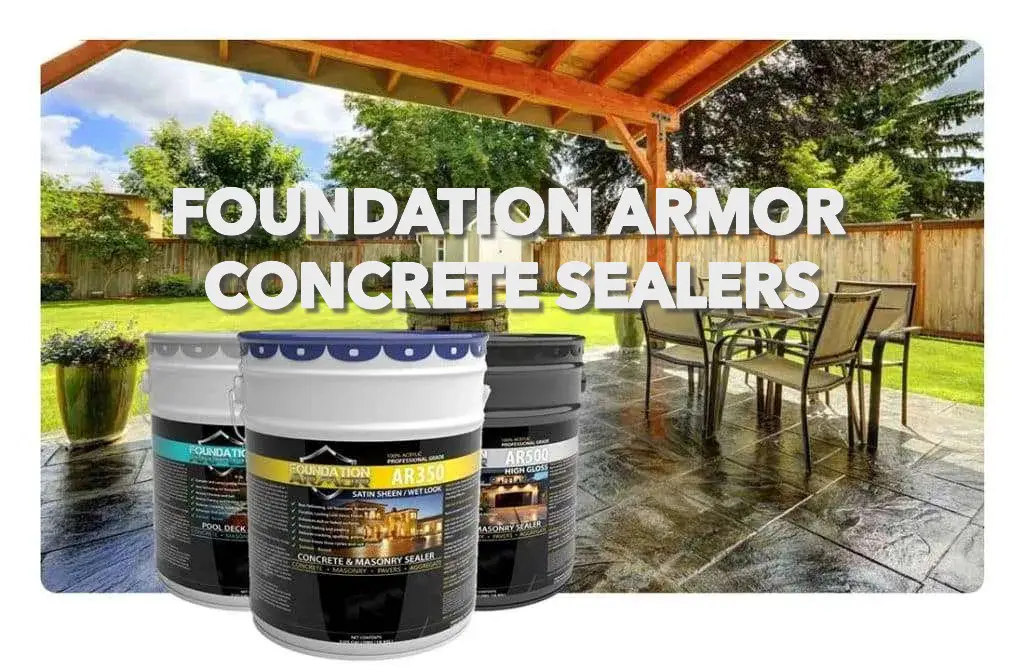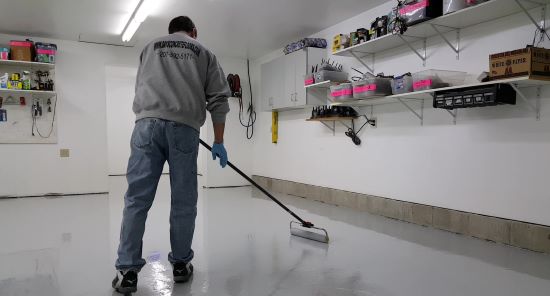Concrete and trees
Q. Is concrete, in its slurry form, toxic to tree roots exposed by excavation?
I understand about the effects of permeable surfaces around trees but am interested specifically in the toxicity of unset concrete to tree roots. I also understand about the problems caused by run-off from vehicle washings going into the soil around trees.
So its about laying a slab or pouring a pile next to roots and the effect of that on tree roots.
Thanks
A. Concrete or cementitious (mortar, cement, slurry) washout wastewater is caustic and considered to be corrosive with a pH over 12, essentially the same as Liquid Drano®, Ammonia or other household cleaning detergents.
The primary ingredient in ready mixed concrete is Portland Cement, which consists of Portland Cement Clinker, Calcium Sulfate, Calcium and Magnesium Oxide, heavy metals and potassium and sodium sulfate compounds, chromium compounds and nickel compounds.
Some of the contaminants contained within concrete washwater include; Aluminum, Barium, Chromium, Hexavalent Chromium (Chromium 6), Copper, Iron, Magnesium, Manganese, Nickel, Potassium, Selenium, Sodium, Vanadium, and Zinc. The washwater may also contain trace elements of petroleum products, admixtures and other materials from processing or treating the material.
The effects of high pH on vegetation and tree roots may include: inhibited growth, damage to soil and plants and substantial alteration of the soil and plant chemical composition even after the pollution source is gone.
High pH may also increase the toxicity of other substances causing further problems. The safe range for plant life is between 6.5 – 7.0 pH units. The average pH of concrete washout water is near 12 pH units.














